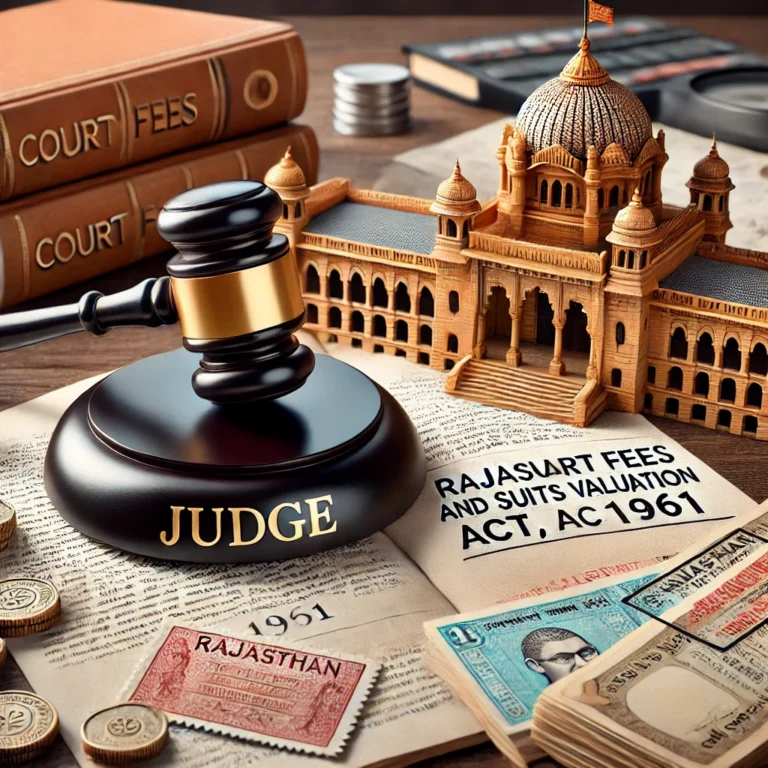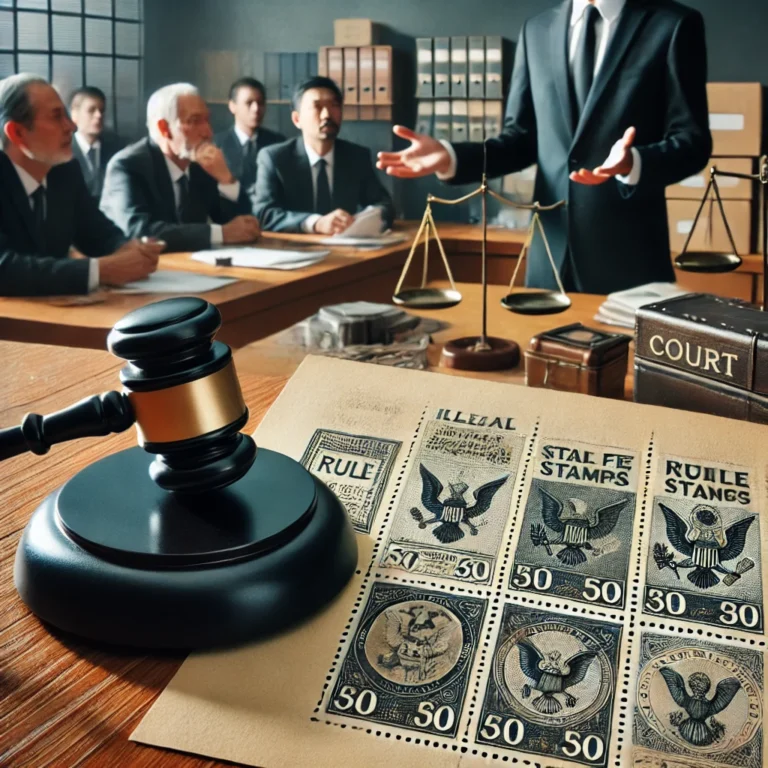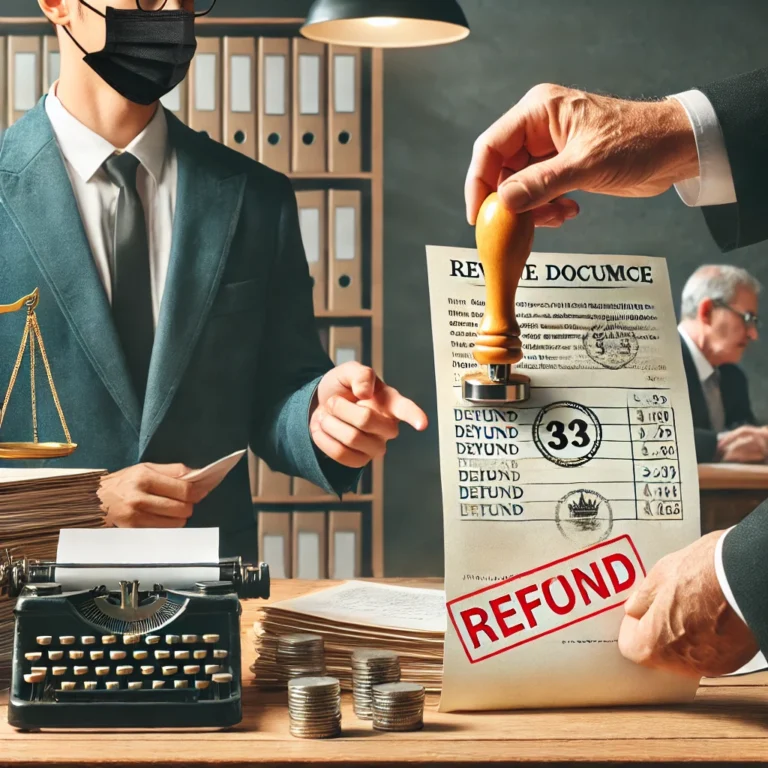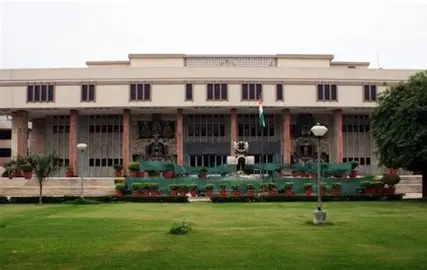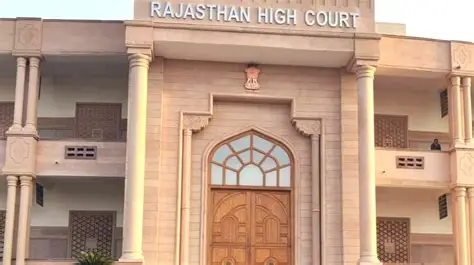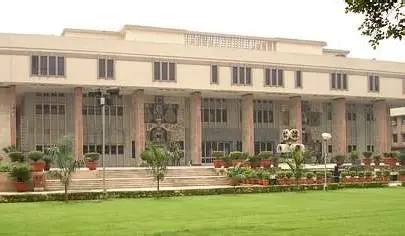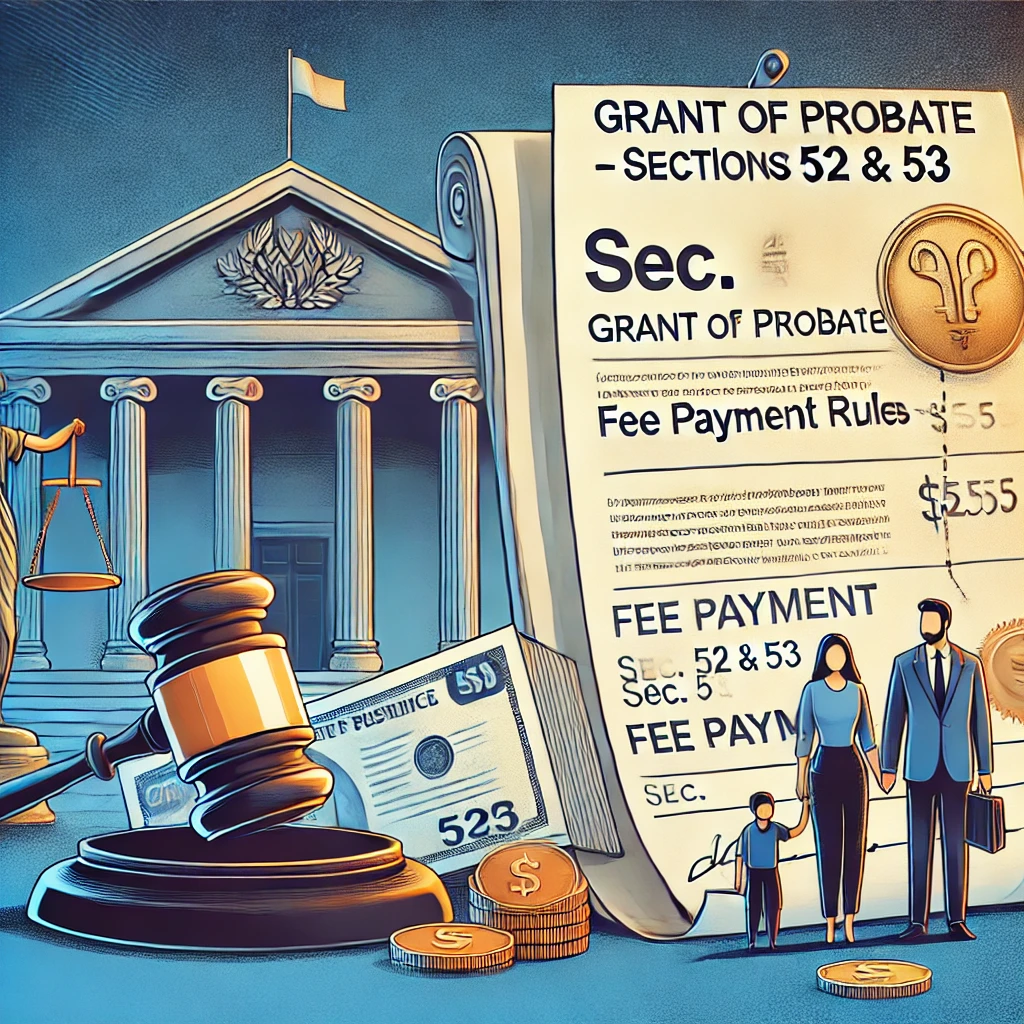
Grant of Probate and Fee Payment Rules – Sections 52 & 53
Grant of Probate and Court Charges – Section 52
On the death of a person, his property and assets must be transferred to their successors. The procedure is accomplished by a document under law referred to as probate if a will exists, or letters of administration in case of no will.
Section 52 of the Rajasthan Court Fees and Suits Valuation Act, 1961 provides that the court shall not be slow in granting probate or letters of administration merely because the case has been directed to be referred to the Collector under Section 50 or due to a motion by the Collector under Section 54. Yet, the court shall not grant these documents until the court fee as prescribed is paid.
The fee is calculated on the basis of the value of the estate, as stated in the valuation presented with the application. If the valuation is subsequently updated under Section 54, the court fee is correspondingly adjusted.
For More Updates & Regular Notes Join Our Whats App Group (https://chat.whatsapp.com/DkucckgAEJbCtXwXr2yIt0) and Telegram Group ( https://t.me/legalmaestroeducators ) contact@legalmaestros.com.
There is a exception to this rule. The Administrator-General, a government official dealing with estates, can be granted probate or letters of administration though the fee has not been paid at once. Where this happens, the Administrator-General is required to provide an undertaking to court, whereby they undertake to pay the fee within a period determined by the court.
For instance, when someone dies and has ₹50 lakh in assets behind him or her, the legal heirs will need to file an application for probate. The fee must be paid first, then the probate will be given by the court. In the event of being referred to the Collector to be verified, the court doesn’t await a reply from the Collector to issue a continuation as long as there’s the stipulated fee to pay.
Relief from Multiple Court Fee Payments – Section 53
In certain cases, two or more grants of probate or letters of administration can be required for a single estate. Section 53 of the Act grants relief in these circumstances to avoid excessive court fees.
If probate or letters of administration has been issued in respect of the whole estate and the court fee has been paid in full, there is no further fee payable for a second similar grant in respect of the same property.
If probate or letters of administration has been issued for only a portion of an estate, and subsequently a new grant is made for a greater portion or the whole estate, the court fee already paid for the initial grant will be offset against the new fee amount.
For instance, if a deceased had properties in Jaipur and Udaipur, and the family initially applies for probate for the Jaipur property and pays the court fee, they will not need to pay again for the same property if they subsequently apply for probate for Jaipur and Udaipur properties jointly. The court will offset the fee already paid for the Jaipur property from the new total fee.
This provision benefits families by preventing them from paying the court fee more than once for the same estate, thus making the legal process fair and affordable.
